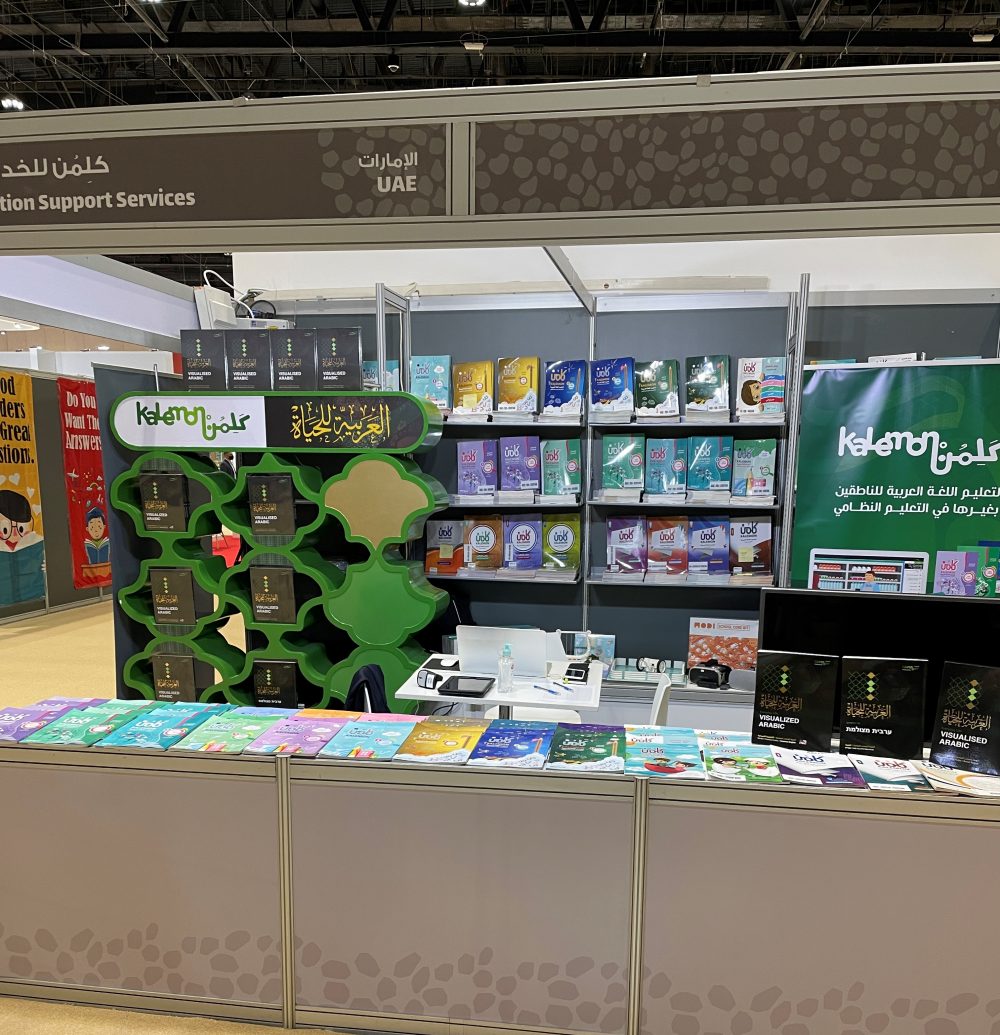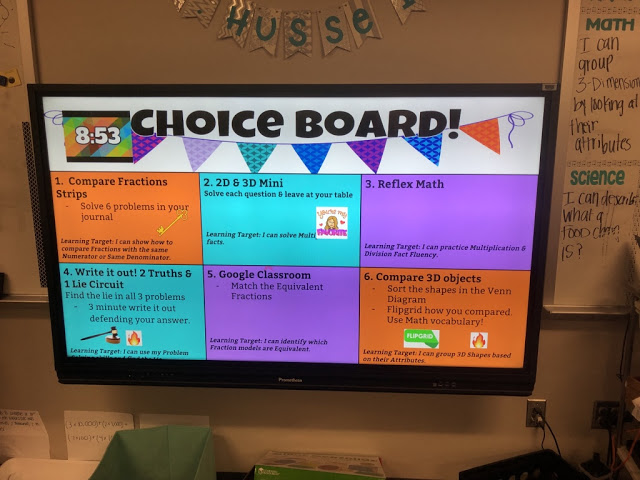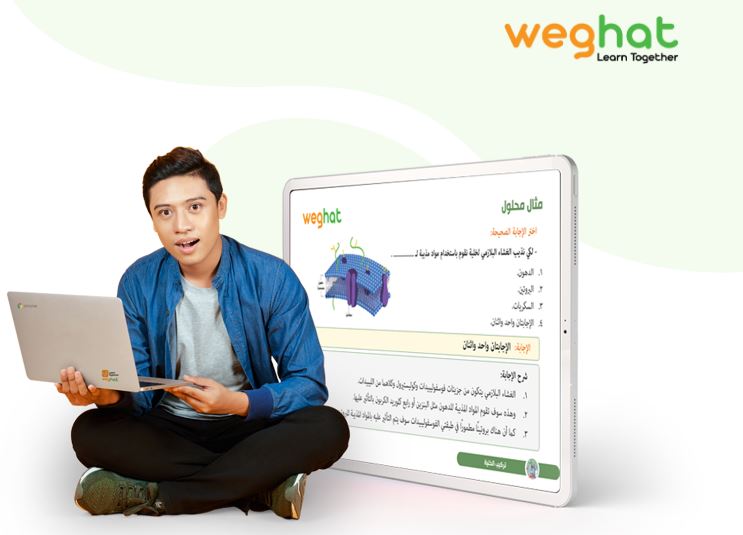Every day the anxiety and concerns escalate about education; Will students go back to their schools and campuses or continue to learn remotely? And how it would be really effective or could make up for brick and mortar ways or face-to-face learning in class; bearing in mind the wide digital, social, and individual gab, not only among learners but also with their teachers; that Covid-19 pandemic has sharply highlighted lately.
Blended Learning has become a catchphrase for using technology in the classroom. The idea is used to describe the education system’s response to the need for 21st-century skills, a solution to the budget crisis in schools, and a beacon of hope for the transformation of education through individual interventions.([1])














